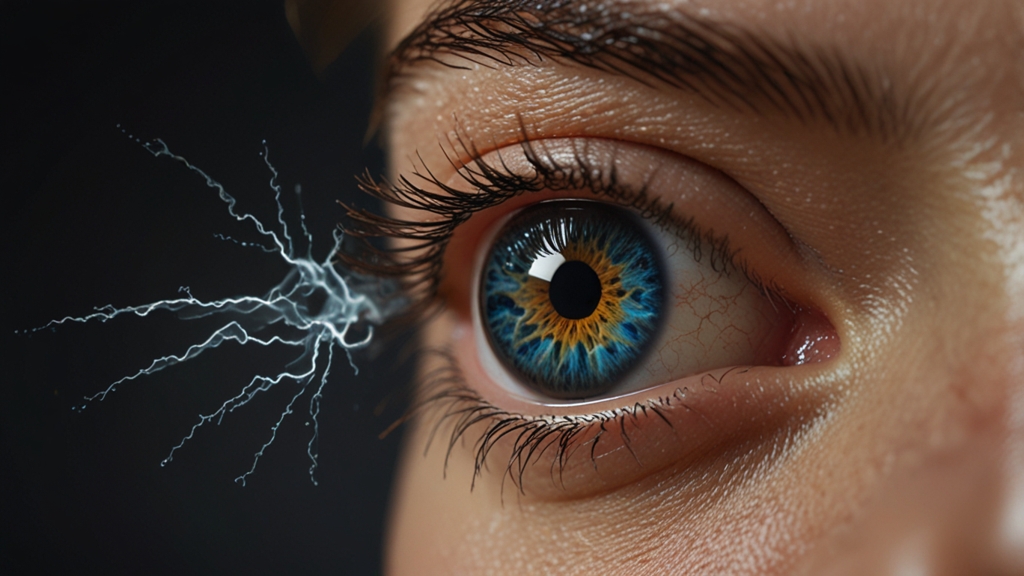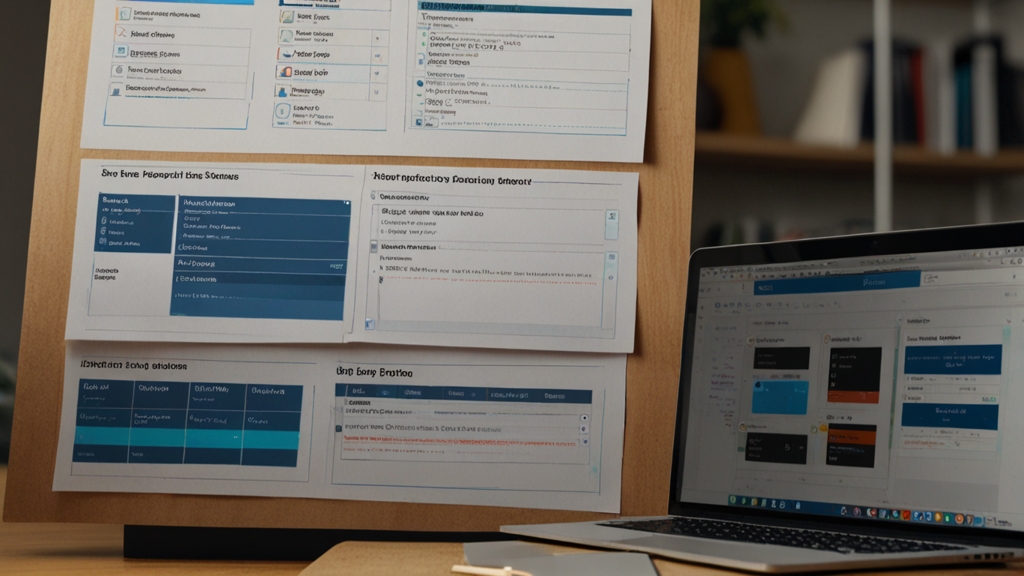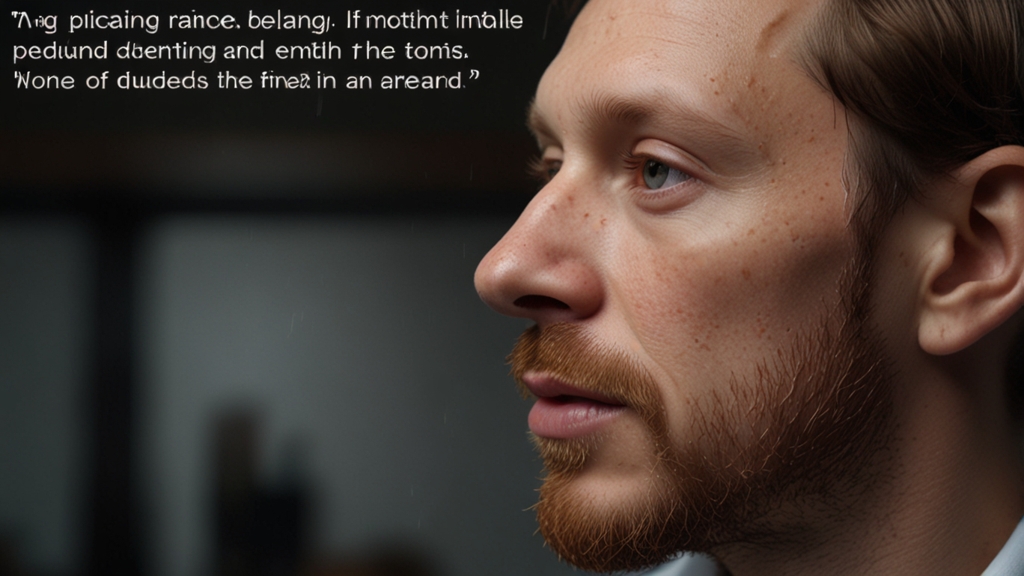The Power of Microbiomes: Your Body's Hidden Ecosystem
When we think about ecosystems, lush rainforests, vibrant oceans, and sprawling savannahs might come to mind. However, one of the most complex and vital ecosystems exists within our own bodies. This hidden world, known as the microbiome, plays a crucial role in our overall health and well-being. Let's dive into the fascinating world of microbiomes and discover why they are so essential.
What is a Microbiome?
A microbiome refers to the community of microorganisms, including bacteria, viruses, fungi, and other microscopic life forms, that inhabit a specific environment. In the human body, microbiomes exist in various locations, such as the gut, skin, mouth, and even the lungs. These microorganisms vastly outnumber human cells, with an estimated 39 trillion microbial cells compared to the body's 30 trillion human cells. Despite their tiny size, they wield enormous influence over our health.
The Gut Microbiome: A Centerpiece of Health
The gut microbiome is perhaps the most studied and well-known of the body's microbiomes. It consists of diverse bacterial species that reside in the gastrointestinal tract. These microorganisms are involved in numerous critical functions, such as digestion, nutrient absorption, and immune system regulation.
"The gut microbiome is like a control center for our health. It's involved in everything from digesting food to fighting off diseases. When it's out of balance, we feel it." – Dr. Jane Smith, Microbiome Researcher
Roles and Benefits of the Microbiome
The importance of microbiomes extends beyond the gut. Different microbiomes across the body provide unique benefits:
- Immune System Support: Microbiomes help train the immune system to distinguish between harmful pathogens and harmless substances, preventing overreactions that could lead to allergies or autoimmune diseases.
- Skin Health: The skin microbiome protects against harmful pathogens and supports wound healing.
- Mental Health: Emerging research suggests a connection between the gut microbiome and brain health, often referred to as the gut-brain axis. Imbalances in the gut microbiome have been linked to mental health conditions like anxiety and depression.
- Metabolic Functions: Gut bacteria help break down complex carbohydrates and fibers, aiding in energy production and maintaining a healthy weight.
Maintaining a Healthy Microbiome
A healthy microbiome is characterized by diversity and balance. Factors such as diet, lifestyle, and environment can significantly influence the state of our microbiomes. Here are some ways to support a healthy microbiome:
- Diet: Consuming a diet rich in fiber, fruits, vegetables, and fermented foods like yogurt and sauerkraut can support a diverse and robust microbiome.
- Exercise: Regular physical activity has been shown to positively influence the composition of the gut microbiome.
- Avoid Overuse of Antibiotics: While antibiotics can be life-saving, overuse can disrupt the balance of beneficial bacteria in the body.
- Probiotics and Prebiotics: Probiotics are live beneficial bacteria, and prebiotics are food sources for these bacteria. Incorporating both into your diet can help maintain a healthy microbiome.
"We are entering an era where understanding and nurturing our microbiomes can lead to breakthroughs in health and medicine. It's like discovering a hidden treasure within ourselves." – Dr. Emily Jones, Biomedical Scientist
Looking to the Future
The study of microbiomes is still in its early stages, but the potential for medical and scientific advancements is immense. Future research may unlock new treatments for a variety of conditions, from gastrointestinal diseases to mental health disorders. Personalized medicine based on an individual's microbiome profile could become a reality, offering targeted and effective health solutions.
In conclusion, the microbiome is a dynamic and integral part of our biology. By understanding and supporting this hidden ecosystem, we can improve our overall health and well-being. As research continues to evolve, the power of microbiomes may prove to be one of the most exciting frontiers in modern science.













